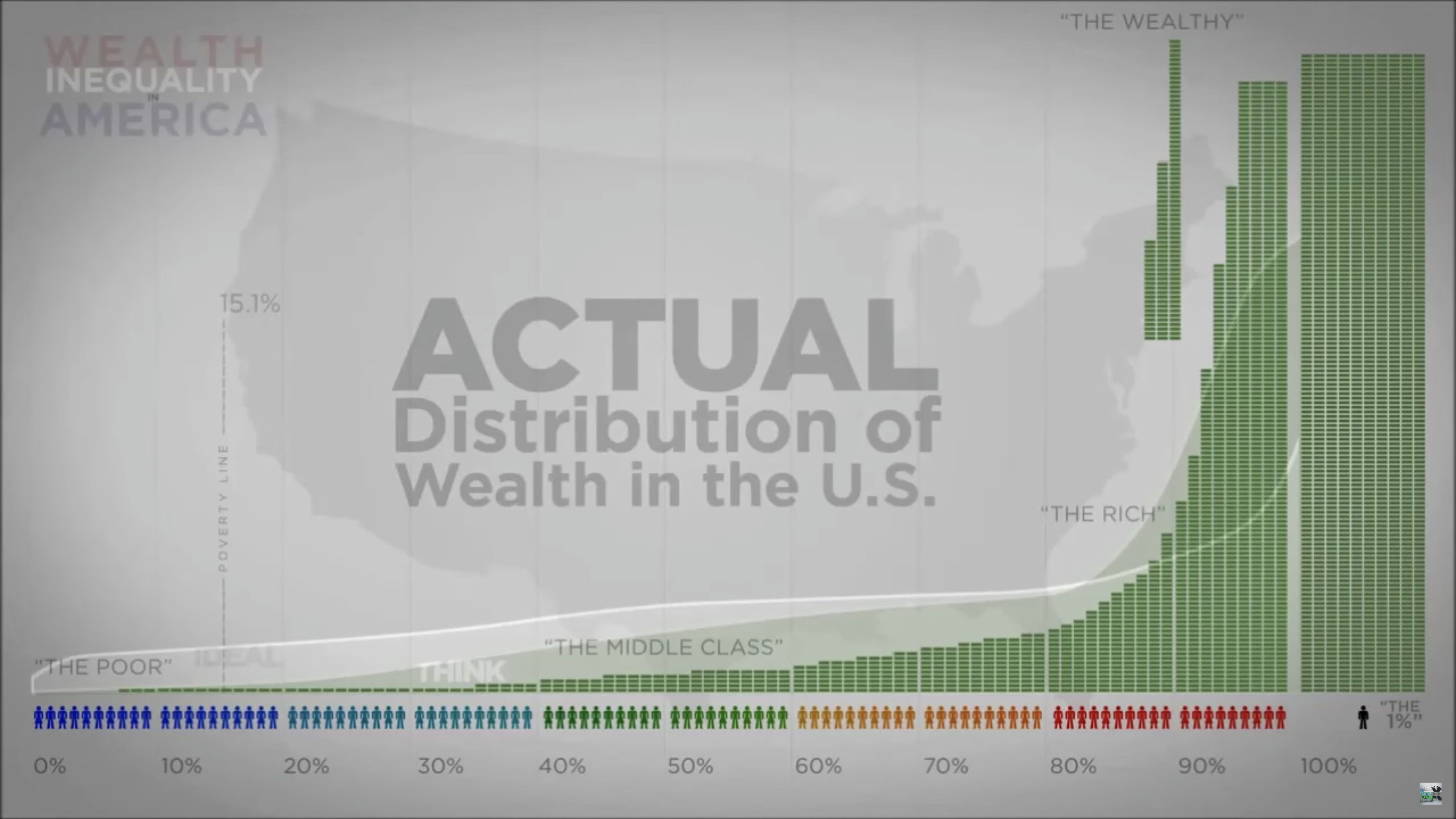The Responsibility of the Wealthy

It is very easy to blame the poor for their situation: “they need to work harder,” “why do not they just go to school and get an education?,” and “it is not our job to help them.” I have considered these arguments in the past but, I have come to see that wealthy people, have a responsibility to use their money and influence to help those who are less fortunate.
In 2016, the US Census Bureau recorded that about 14% of Americans were impoverished. This means that there were roughly 41,000,000 people were unable to live on their wages. Meanwhile, the 1% most wealthy individuals possess 40% of the wealth of the United States.The “1%” would only have to give a miniscule percentage of their wealth to the bottom 14% in order to bring them out of poverty. But do not just take my word for it, here is the math:
- The average income of the top 1% is roughly $1.15 million per year
- There are about 320 million people in the United States, meaning that there are 3.2 million people in “the 1%”.
- $1.15 million per person per year × 3.2 million people = $3.68 trillion total per year
- It would cost $190 billion per year to bring everyone out of extreme poverty in the US
- $190 billion ÷ $3.68 trillion = 5.2%
The 1% wealthiest people in the United States could end extreme poverty by allocating only 5.2% of their income to solving this problem. This may sound like a large percentage, but remember, this still leaves them with an average income of $1,090,625 per year, which most people would find to be plenty of money with which to live a lavish lifestyle.
I understand that it may not seem reasonable for many people to give up this percentage of their wealth to help others, but this investment in the least fortunate people in our society benefits everyone in lower taxes. The reason for this reduction in taxes is that the poor will not need to rely on welfare and entitlement programs to get their food, their healthcare, and their housing.
But, the more important reason to dedicate this funding to eradicating extreme poverty is that it is the right thing to do. The average income of someone in extreme poverty in the United States is $0.87 per day. Imagine that! $0.87 pays for about 1 minute of an education at my high school, and that is being generous. A quality education is critical for escaping poverty. Oftentimes, people are forced to work instead of attending school in order to afford the necessities of life.
By targeting donations at scholarship programs for private elementary, middle, and high schools in addition to four-year college programs, people will “teach them to fish” instead of “giving them fish.”
Pulling people out of poverty is more than just a “nice thing,” it is a moral obligation.
If moral obligation isn’t enough to spur action, look at the financial benefits. Publicly funded scholarship programs have extremely high returns on investments, meaning that they MAKE the government (and by extension, the taxpayers) money. I explore this concept in more depth in my open letter about education.